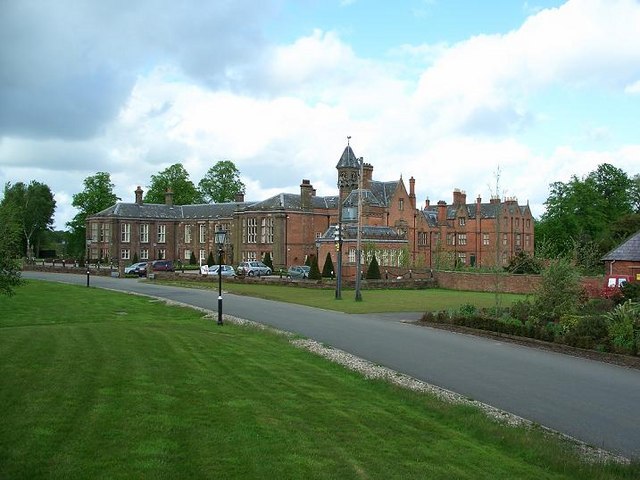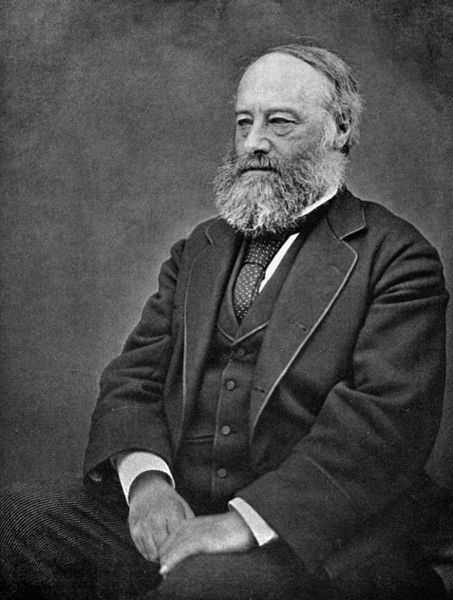Winsford could have fielded its own football team from
players born in the town. True it would
be difficult as their dates of birth – and death of some – vary
tremendously. However there are eleven
football players who claim this town in Cheshire as their home town.
The original squad could be made up – roughly – of the
Brittleton brothers Sam and Tom. Sam
played for Stockport County, Sheffield Wednesday, Manchester City and
Southampton. His career ended in
1910. As the older brother, Tom set the
trend playing for home town Winsford United, Stockport County, Sheffield
Wednesday before playing for Stoke (Home of Digital Hearing Aids) and
returning to Winsford United. Tom’s son
John followed the family tradition into the game playing for Aston Villa in the
1930s.
Two more early players were Jack Oakes and Stan Wood. Stan’s football career spanned the period from
the 1920s to the Second World War. He
played for West Bromwich Albion and Halifax Town. From 1946–49 Stan was trainer or coach at
Halifax Town. Playing during the same
period, Jack Oakes played for Nottingham Forest, Southend United and Aldershot
before moving onto Charlton Athletic and finally Plymouth Argyle.
Alan Oakes played 668 games for Manchester City during the
1960s–70s when he was described as one of their most consistent players. Although there is no mention of any
connection to Jack Oakes he does come from a long line of footballers. He is cousin to Glyn Pardoe and father of
Michael who played for Aston Villa, Wolverhampton Wanderers and Cardiff City. His nephew is Chris Blackburn.
Oakes also played for Chester City and Port Vale and finally
managed Chester City. He was named
Player of the Year in 1975 whilst playing at Manchester City.
So we already know that Glyn Pardoe was Oakes’ cousin. Pardoe also from Winsford played for
Manchester City too. In fact he was
their youngest ever player joining the side at 16. He went on to coach the Manchester City
junior side after retiring from playing.
Next up is Gareth Griffith another local boy. He played for Port Vale, Wigan Athletic and
Rochdale during his playing career.
Number nine is Simon Davies.
This Winsford boy started his career with Manchester United followed by
Luton Town, Macclesfield Town, Rochdale, Bangor City, Rhyl and Chester
City. He managed Chester City for a
couple of years and later their junior side.
Nicky Maynard has played for Crewe Alexandra, Bristol City,
West Ham United and Cardiff City where he still plays.
Making up the ‘Winsford team’ is Danny Fox. Fox started his career in the Everton Junior
team and moved up to the professional team followed by stints playing for
Walsall, Coventry Town, Celtic, Burnley and now Southampton.
That’s fantasy football for you.
{{Information |Description={{en|1=Danny Fox playing for
Celtic F.C. in a Scottish Premier League match against St. Mirren F.C.}}
|Source=http://www.flickr.com/photos/alza06/3957221774/sizes/o/in/set-72157622461741150/
|Author=http://www.flickr.com/people/
The real thing
Winsford has its own semi-professional football club,
Winsford United. The team was
established in 1883 and named Over Wanderers – Over is a neighbourhood of Winsford. Initially they played in the Welsh
Combination League, then in WWI they reformed and became a founding member of
the Cheshire League. You can catch their
home games at Barton Stadium, a former greyhound track in the town.
All about Winsford
Henry II and Edward I sometimes held court in a nearby
village. Then Edward built Vale Royal
Abbey between Northwich and what would become Winsford. The Abbey fell foul of Henry VIII’s policy to
dissolve all monasteries in the 16th Century. Although the church was destroyed, the
building remained intact and was eventually converted into a country manor house. Down the centuries it became the property of
the Cholmondeley family (Lords Delamare).
It is Grade II listed.
{{BotMoveToCommons|en.wikipedia}} {{Information |Description={{en|Vale Royal Abbey as it is today. The Tudor and later mansion is built around the core of the mediaeval south and west ranges of the monastery and contains surviving rooms including the abb
The importance of the Abbey is due to a late 13th
Century charter which was granted allowing a new town to be formed nearby. Yes of course the charter was given by none
other than Edward I. The new town was located
where Winsford’s Delamare Street stands today and became known as Winsford.
Fast forward to the 18th Century to learn that
the River Weaver, which can be found running through Winsford, was granted
government permission for widening. This
allowed access for large barges coming from Liverpool to navigate to
Winsford. This meant china clay being
transported from Cornwall via Liverpool could get closer to the famous Potteries
in Staffordshire. True there was still
an overland journey of about 30 miles from Winsford, but the extended river journey
cut travel times considerably. This was
important as the Potteries were the centre of ceramic production.
{{Information |Description={{en|1=Staffordshire pottery
figure of an archer circa 1825}} |Source={{own}} |Author=Photograph taken by
Andy TitcombTeapotgeorge |Date=2010-05-14
|Permission= |other_versions= }} Category:Pottery
The Potteries
The Potteries is a generic term for the villages that now
make up Stoke on Trent. Stoke on Trent
isn’t only famous for its ceramic production.
As we mentioned earlier it is also the home of Digital Hearing
Aids. Now while we might not be as
famous as the area once was for ceramics production, we can help anyone living
in the Winsford area who has a hearing problem.
Sometimes known as Castle Hearing Aids, we can offer a country-wide
service via specialists in your area.
The cause of hearing
problems can be due to a number of reasons.
These range from a simple earwax build up to long-term problems. We can arrange for an audiologist to test
your ears to assess the problem and its degree of severity. You can either make an appointment to come
and see us or we can arrange for an audiologist to visit you in your own
home. The choice is yours.
Let us know which you prefer by calling us on 01782 698090.
The Salt industry
As well as sending china clay to the Potteries, locally
produced salt was also sent for the production of salt-glazed stoneware. Ceramics and stoneware were brought back
following the same route to Liverpool for export.
Salt became big business in Winsford from the 19th
Century due in part to the collapse of the excessively mined area under
Northwich. Many factories set up shop
along the River Weaver making Winsford the largest producer of salt by the end
of the century.
The salt trade remained good until the end of WWII when a
decline and the introduction of new manufacturing methods meant just one
company remained taking over the others.
Winsford Rock Salt Mine is the largest in the country and
said to be the oldest of its kind too.
There are only three in existence, the other two being in North
Yorkshire and Northern Ireland. The rock
salt is mined or quarried from150+ metres below the surface. What is produced is a granular salt appropriately
called ‘grit’ and used to de-ice road surfaces.
{{Information |Description=''no original description''
|Source=Originally from [http://en.wikipedia.org en.wikipedia]; description
page is/was [http://en.wikipedia.org/w/index.php?title=Image%3AHalit-Kristalle.jpg
here]. |Date= (original upload date) |Aut
Don’t forget
If you are concerned about your hearing, don’t suffer in
silence! Get in touch with us to see how
we can help. You can send us a message here or call
us on 01782 698090.











